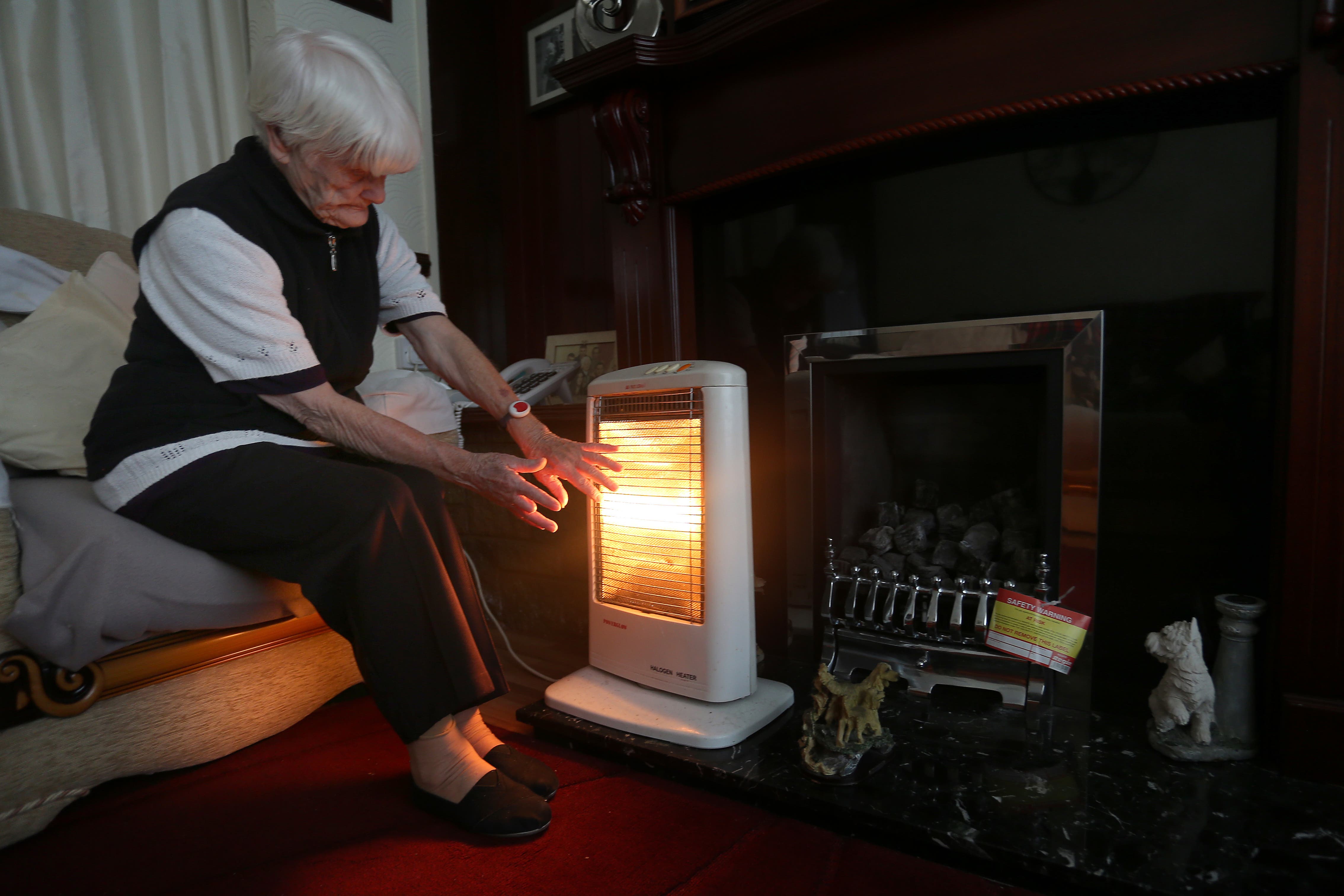The winter fuel payment is a lifeline for the elderly – we must defend it
Letters to the editor: our readers share their views. Please send your letters to letters@independent.co.uk

As a consultant geriatrician, I am extremely concerned with the recent decision to remove winter fuel payments for millions of older people. Making it means-tested has the potential to exacerbate the public health crisis of cold homes this winter that already affects nearly 6 million households.
We have a collective duty of care to protect vulnerable adults, and adjusting the winter fuel payment will do the exact opposite. A pensioner who no longer receives the allowance worth up to £300 will experience a real-terms increase in their energy bills of up to 15 per cent this winter.
There are many older people who miss out on pension credit but are still on low incomes living in poorly insulated homes, unable to heat them to adequate levels. The winter fuel payment has been a lifeline for many of them.
Cold homes increase the risk of strokes, heart attacks, respiratory conditions, and the deterioration of mental health, including dementia. I am concerned that cutting the winter fuel payment will put further pressure on an already overstretched NHS and social care system, resulting in more hospital admissions and excess winter deaths.
I urge the government to rethink this cut and to fix a broken energy system that is not working for vulnerable older adults.
If the government is going to remove winter fuel payments for many who need it, it must show a commitment to supporting people out of fuel poverty this winter.
Dr Chris Hay
Glasgow
A lesson the government must learn
GCSE results day is one for celebration. It is a milestone for our young people, marking their progress towards a successful career. It is also a day when the Department for Education, reflecting on the needs of our state schools, highlights the government’s aspiration to attract thousands of graduates into teaching, especially in science, technology and maths.
However, the secretary of state and schools minister need to look at the root causes for the failure to recruit teachers, despite the previous government’s initiatives of one-off cash payments and very modest increases in starting salaries.
Societal changes mean that classroom discipline is now a daily challenge, and a stress-free day is not guaranteed for teacher or pupil. There is also the general loss of respect for teachers, who, all the while, are expected to complete more work, do additional hours, and manage larger class sizes.
This is a paltry proposition. It should give the secretary of state cause to reflect on what changes are required to ensure she achieves her teacher recruitment target.
Ian Reid
Kilnwick
What would Churchill think?
Never in the field of human conflict has so much been promised yet so little delivered, so late, and with conditions attached.
Ukraine will fight on the beaches, on the landing grounds, in the fields and in the streets – and will do so for our benefit, too. Though the West may limit the use of key weaponry it has provided, and the supply of munitions may suffer delays and fluctuations, Ukraine will never surrender.
Even if – which we do not for a moment believe – their land or a large part of it were subjugated, their allies beyond the seas would carry on the struggle until the Western world, with all its power and might, finally stepped forth to the rescue...
What would Winston Churchill make of our Western leaders’ support for Ukraine today?
David Platts
Newark
Just the tip of the iceberg
The most recent prank by Led by Donkeys was a reminder that our erstwhile prime minister Liz Truss will be forever associated with a lettuce – and I think this is deeply unfair.
Displaying fortitude, resilience, perseverance in the face of harsh and unforgiving environments, and battling on in hostile or adverse conditions in an attempt to secure and preserve the health and wellbeing of this country’s citizens, the humble lettuce deserves far better than to be forever linked to such a frail and inept ego.
Julian Self
Milton Keynes






Join our commenting forum
Join thought-provoking conversations, follow other Independent readers and see their replies
Comments